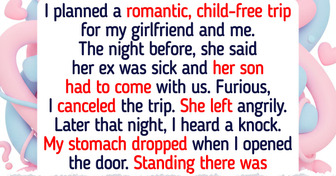Ill sometimes ask my kids what something is, rather I know or not and that always seems to make them so curious so we can learn together.
Research Showed That Answering Your Child’s Questions in Detail Is Important for Their Success
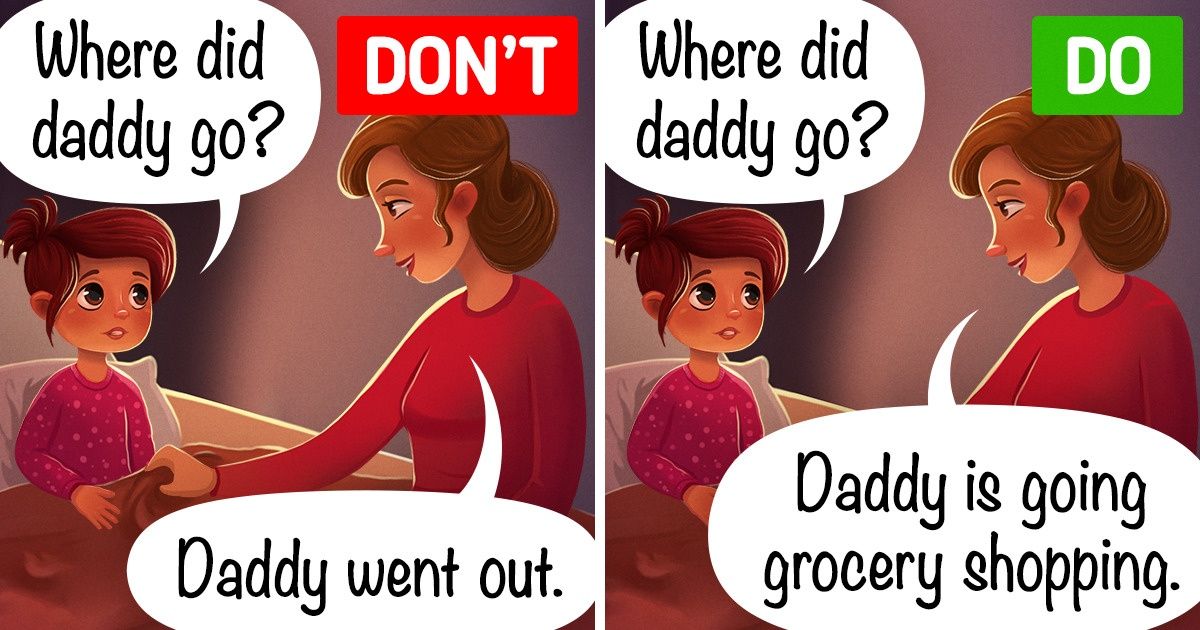
For every child, vocabulary and sentence structure are very important in the early years of development. One of the best ways to engage them in a deeper and more meaningful conversation is to start talking with them using detailed answers. Even researchers have pinpointed that working on developing better speech patterns helps children to become more successful in school.
We at Bright Side wanted to share with you a way that you can trigger your kid’s curiosity and help them become better at the skills they have been working on and the ones they will need to learn in the future.
Curious kids are high achievers.
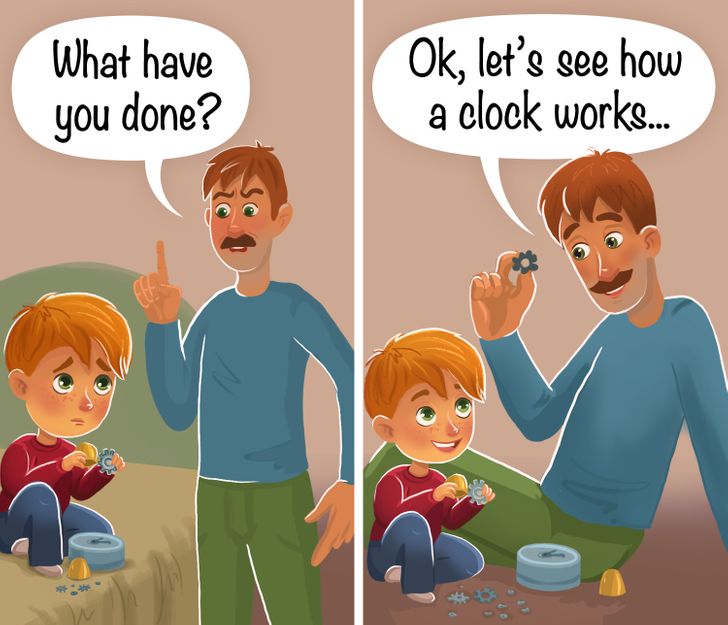
Curiosity is what helped many scientists make breakthroughs, and in the same way, it might help kids to become more successful in achieving great results when it comes to reading and math problems. Helping your child become more interested in different things will help them become better in kindergarten. They will become interested in new things and actually be happy when they learn.
There’s a difference between a simple and a detailed explanation.
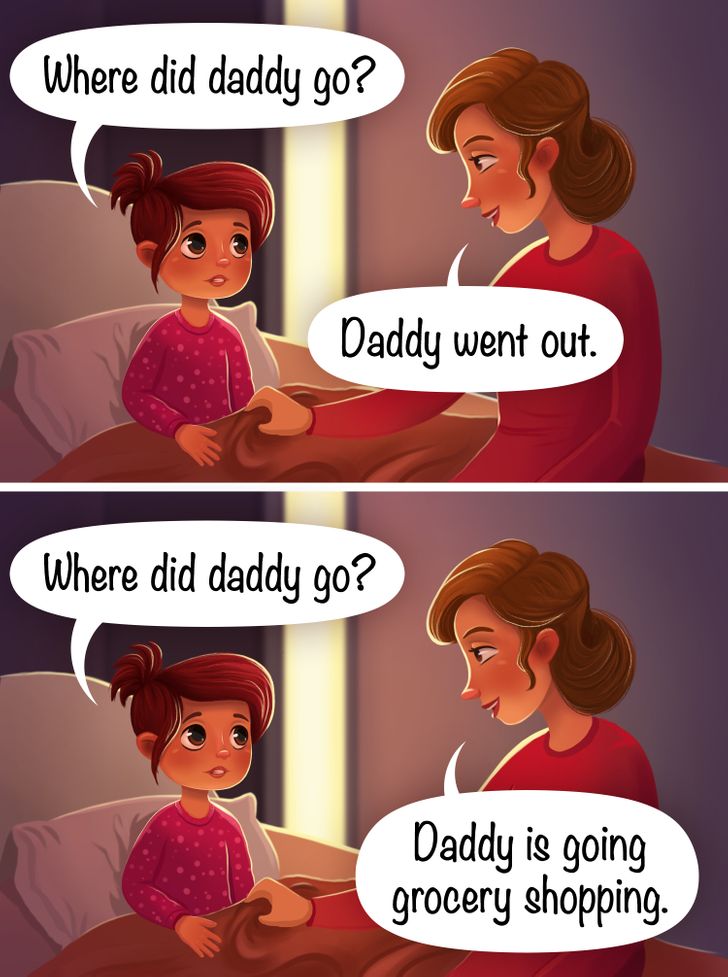
When a kid gets short answers, they won’t continue to ask more questions and because of that they won’t be able to learn more. Adding details to your explanation will engage you and your child in a longer conversation and they will focus better on the topic.
Here is a simple example you can use to see the difference. Imagine your child is asking you, “Why are you crying?” Your response shouldn’t be, “Adults cry too,” as this will stop the conversation immediately. Instead, you can say, “I hurt my toe,” and they will most likely continue the conversation with, “Where did you hit it?” or “Does it hurt a lot?” or "How can I help?"...and so on.
Using specific explanations will make your kid more curious.
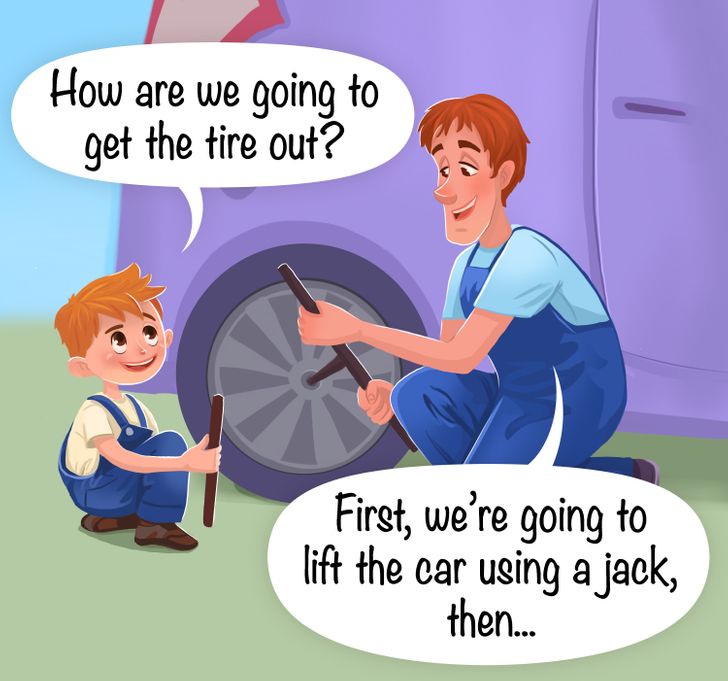
Even if you start using fancy words that your kid might not know at the time, you won’t be able to go one step forward until you change the way you speak with them. Simply, stop talking “to” your child, and start talking “with” him.
In this way, when you start to practice using detailed sentences and information, you will both be engaged in the conversation deeper and your kid won’t see it as boring. They will continue asking more questions and their curiosity will become stronger.
You will both learn new things if you’re open to finding out more details.
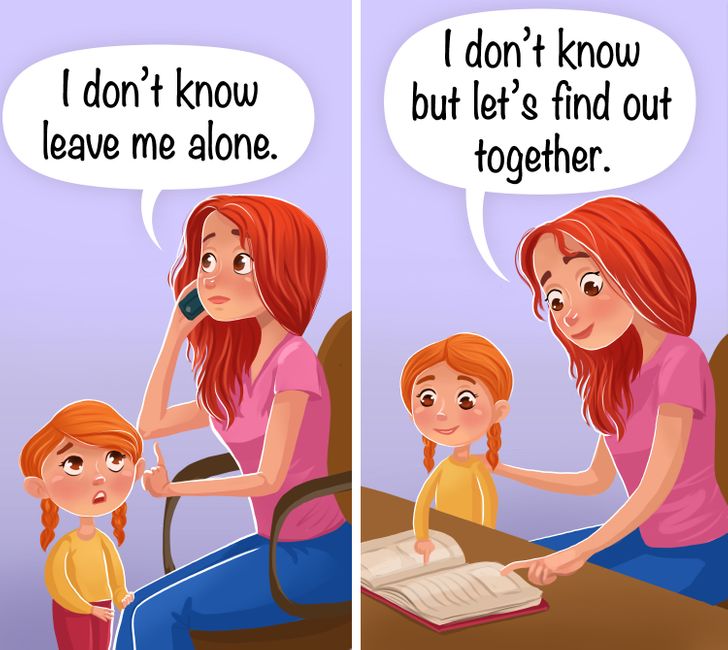
This might worry many parents when asked questions, making them think, “What if I don’t have the answers?” Well, you can research things together with your child. There is nothing wrong with saying, “I don’t know.” However, when you tell your child that you have no idea what they are asking about, don’t stop there, say to them, “Let’s find out together.” This will help you both to learn new and interesting things and will help you to set an example that you should always at least try to find the answers your child is looking for.
How do you talk with your child? Do you answer their questions with detailed answers? Do you have another idea for how to trigger curiosity in kids?
Comments
Related Reads
I Refuse to Let My Brother’s Girlfriend Control My House—I Put a Stop to It Fast

15 Stories That Prove Repairmen Are Full of Surprises
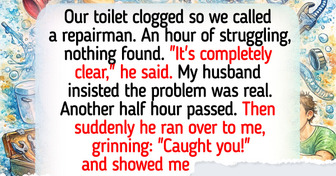
I Refuse to Let My Stepfather Replace My Late Dad at My Wedding

A Stranger Humiliated My Daughter at Disney World—He Picked the Wrong Mom to Mess With
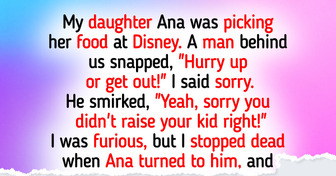
I Lost My Job to “Restructuring” and My Severance Disappeared, Then I Turned the Tables

18 People Who Found Out That Small Acts of Kindness Are the Pathway to Happiness
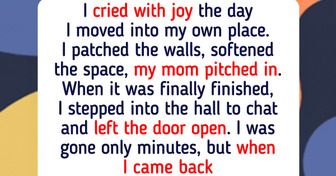
I Posted a Photo During Mental Health Leave—Then HR Called Me In
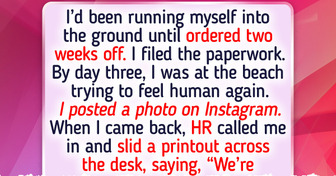
15 Moments That Prove Kindness Is the Thread Holding Life Together

15 Moments That Prove Kindness Holds Strong When Life Hits Hard
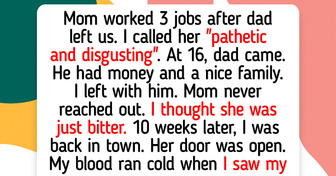
I Refuse to Return to the Office After My Coworker’s ‘Prank’ Revealed His Darkest Secret
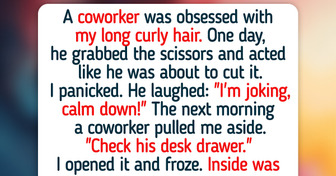
I Refuse to Give My Retirement Savings to My Adult Son—I’m Not Responsible for His Failures
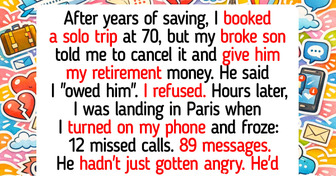
I Refused to Turn Our Romantic Trip Into a Family Vacation and Faced the Consequence
